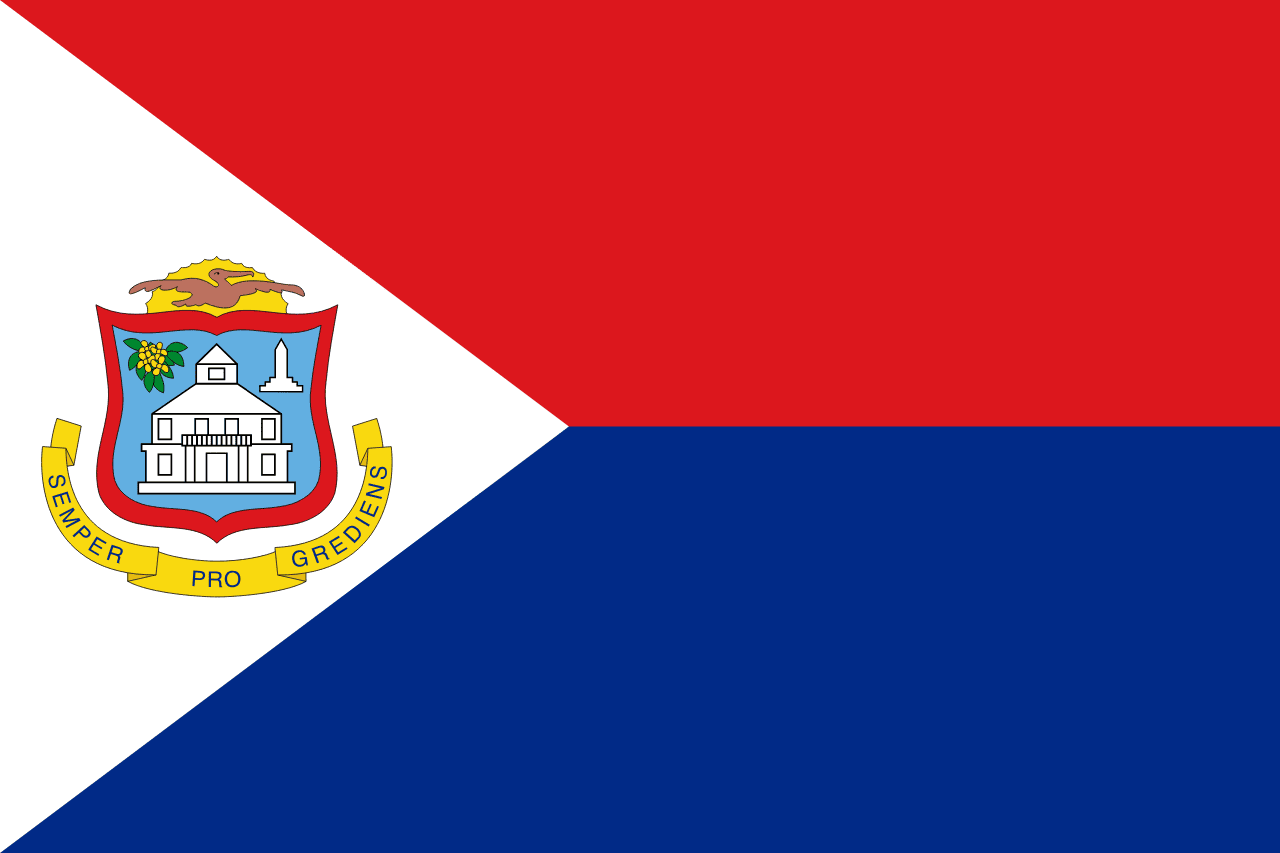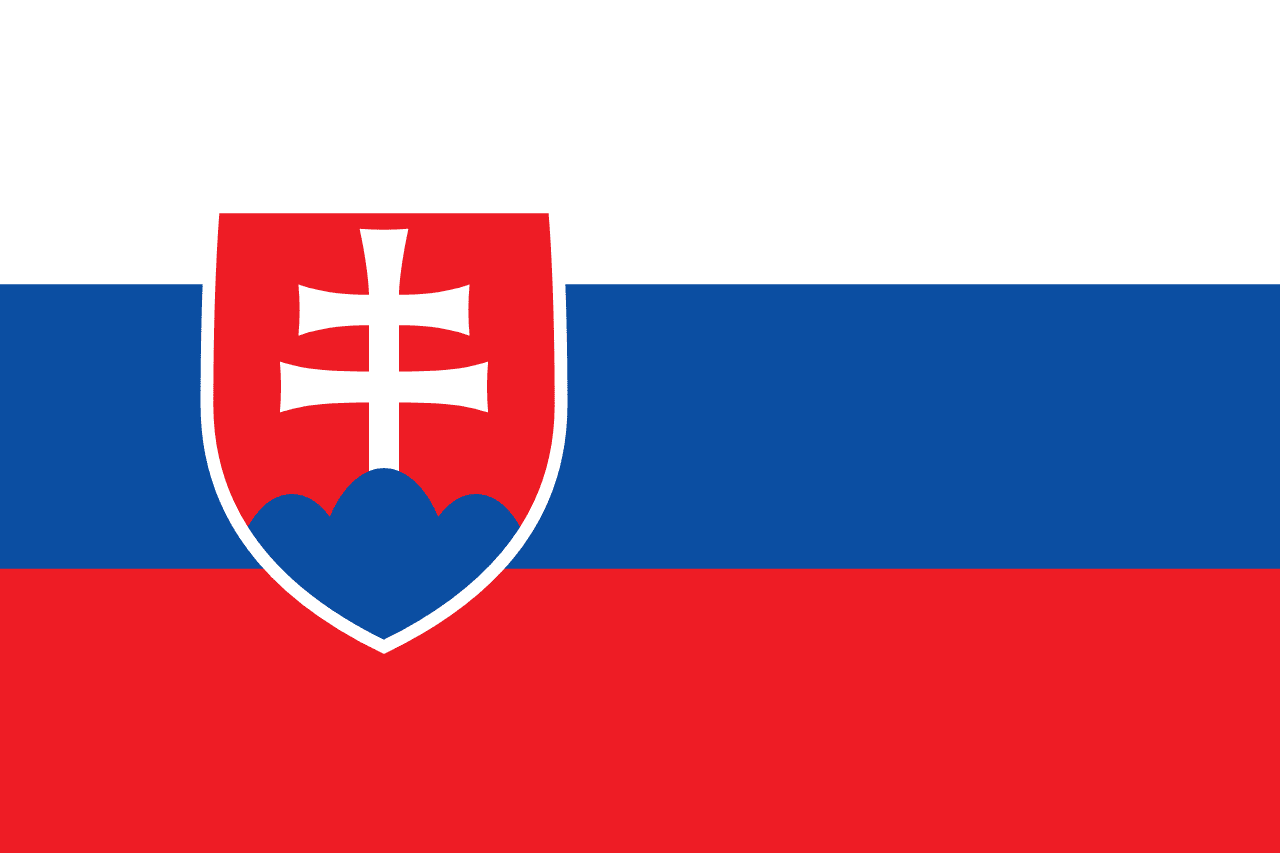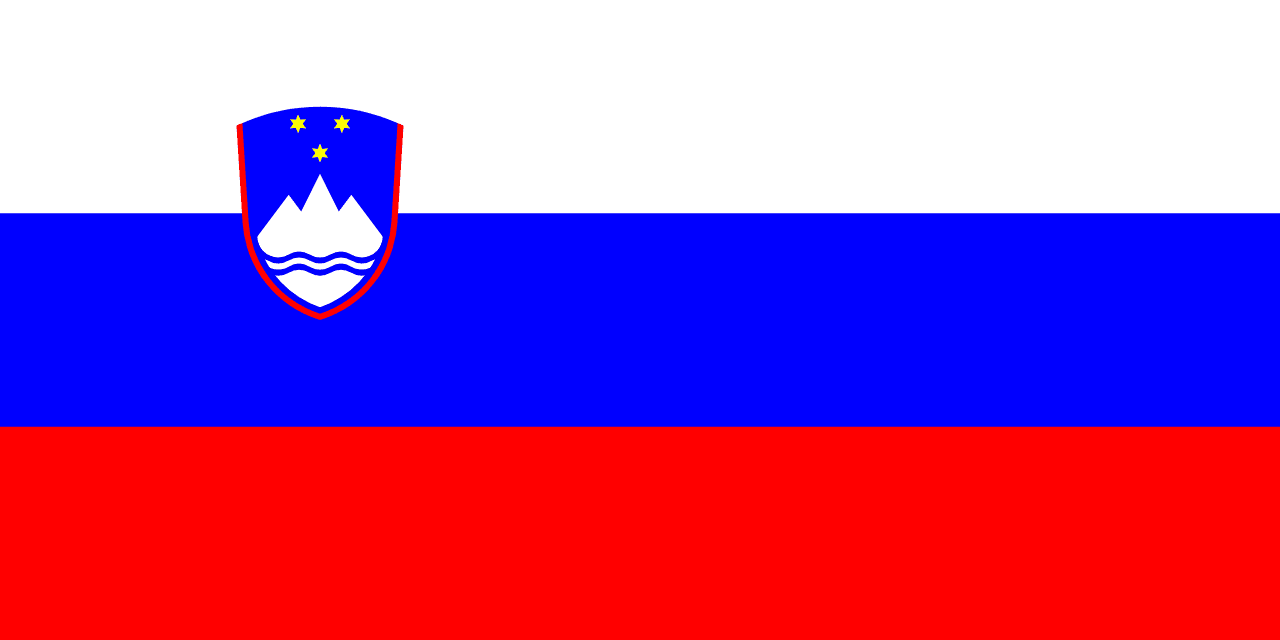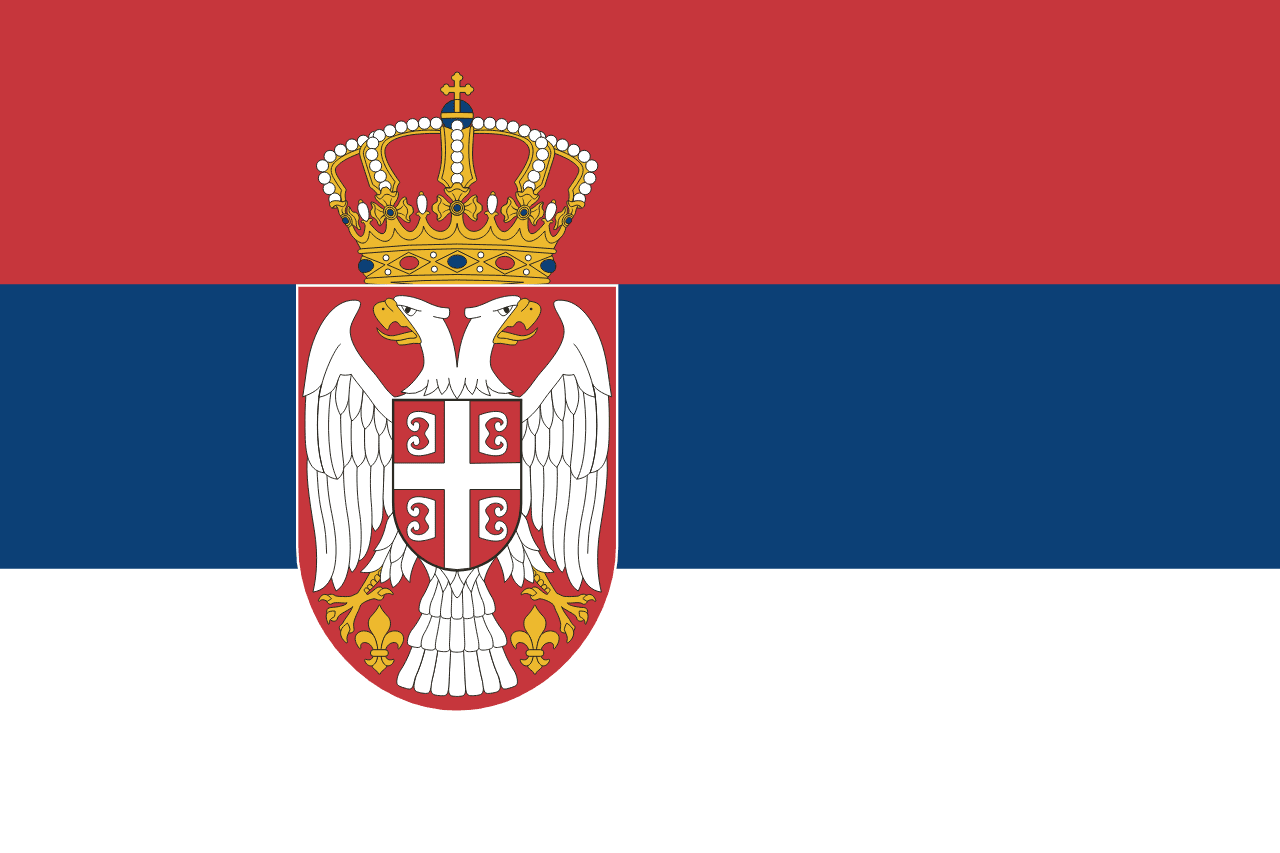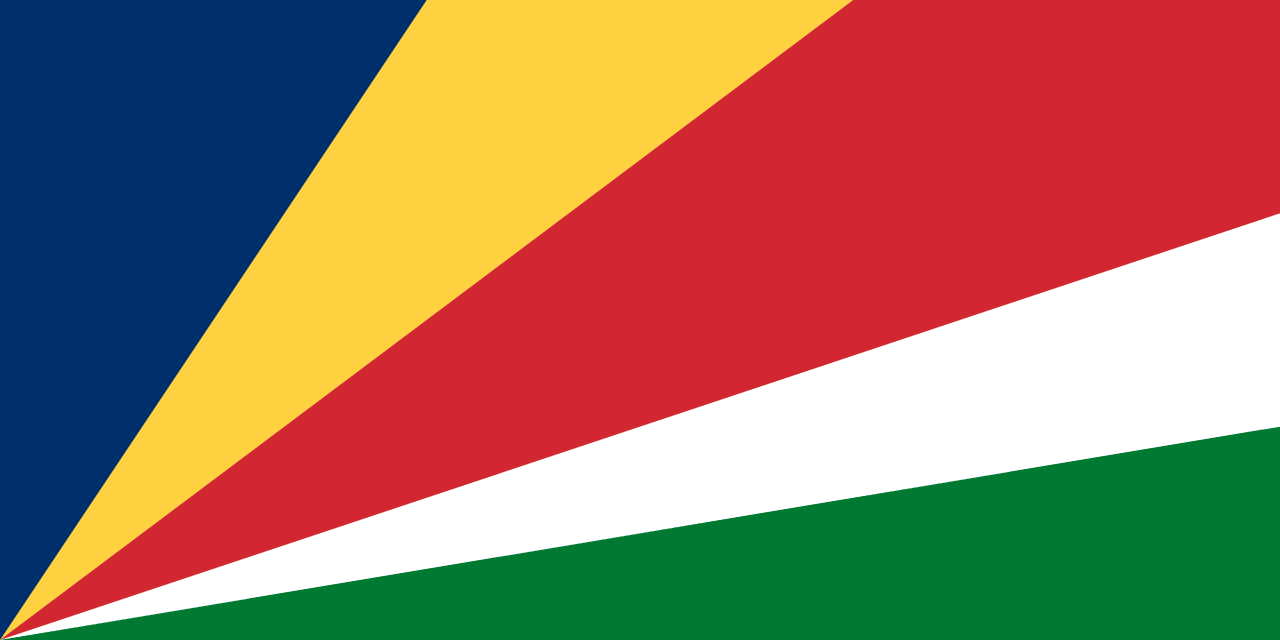La bandera de Singapur consiste en dos franjas horizontales iguales de color rojo (arriba) y blanco, con una luna creciente blanca y cinco estrellas blancas dispuestas en círculo en la esquina superior izquierda. Este diseño distintivo encapsula los valores nacionales, las aspiraciones y la identidad única de Singapur como una ciudad-estado multicultural.
Información sobre Singapur
| Día de la bandera nacional | — |
| Estado soberano | Sí |
| Nombre oficial | República de Singapur |
| Capital | Singapur |
| Población | 5,690,813 |
| Área | 720 km² |
| Moneda | Dólar de Singapur (SGD) |
| Idioma | Inglés, malayo, mandarín, tamil |
| Continente | Asia |
| Región | Sudeste asiático |
| Subregión | — |
| Fronteras | Malasia |
| Zona horaria | Hora estándar de Singapur (SST) UTC+8 |
| Código de marcación | +65 |
| Dominio de nivel superior | .sg |
Historia de la bandera de Singapur
 La bandera fue adoptada oficialmente el 3 de diciembre de 1959, cuando Singapur obtuvo la autogobernanza del dominio colonial británico. Fue diseñada por un comité presidido por el entonces Viceprimer Ministro Toh Chin Chye. La bandera continuó representando a Singapur después de que se uniera a Malasia en 1963 y permaneció como la bandera nacional cuando Singapur se convirtió en una república independiente el 9 de agosto de 1965.
La bandera fue adoptada oficialmente el 3 de diciembre de 1959, cuando Singapur obtuvo la autogobernanza del dominio colonial británico. Fue diseñada por un comité presidido por el entonces Viceprimer Ministro Toh Chin Chye. La bandera continuó representando a Singapur después de que se uniera a Malasia en 1963 y permaneció como la bandera nacional cuando Singapur se convirtió en una república independiente el 9 de agosto de 1965.
Cada elemento de la bandera tiene un gran simbolismo:
- El rojo representa la hermandad universal y la igualdad entre los singapurenses, independientemente de su raza, idioma o religión.
- El blanco simboliza la pureza y la virtud, así como el compromiso del país con la paz y la prosperidad.
- La luna creciente significa una nación joven en ascenso y el crecimiento y progreso constantes de Singapur.
- Las cinco estrellas representan la democracia, la paz, el progreso, la justicia y la igualdad, valores fundamentales que Singapur defiende.
Simbolismo y diseño de la bandera de Singapur
El diseño de la bandera está lleno de simbolismo, reflejando los valores y aspiraciones de Singapur. La franja roja representa la hermandad universal y la igualdad, enfatizando el compromiso de Singapur con el multiculturalismo y la armonía social. Esto es particularmente significativo dado que Singapur tiene una población diversa, compuesta principalmente por comunidades chinas, malayas, indias y eurasiáticas.
La franja blanca simboliza la pureza y la virtud, subrayando la dedicación de Singapur a mantener altos estándares morales en la gobernanza y la sociedad. También representa el compromiso de la nación con la paz, tanto a nivel interno como en sus relaciones internacionales.
La luna creciente, un símbolo común en las banderas de los países del sudeste asiático, representa una nación joven en ascenso. Refleja el crecimiento y progreso constante de Singapur desde su independencia, así como su enfoque hacia el futuro en la construcción y desarrollo del país.
Las cinco estrellas dispuestas en círculo simbolizan los ideales de Singapur de democracia, paz, progreso, justicia e igualdad. Estos valores forman la base de la gobernanza y la estructura social de Singapur, guiando el desarrollo y las políticas del país.
Uso y significado de la bandera de Singapur
 La bandera de Singapur es un poderoso símbolo de identidad nacional y orgullo. Se exhibe prominentemente en edificios gubernamentales, escuelas y durante celebraciones nacionales como el Día Nacional el 9 de agosto. La bandera también juega un papel central en el Desfile del Día Nacional, uno de los eventos anuales más importantes de Singapur.
La bandera de Singapur es un poderoso símbolo de identidad nacional y orgullo. Se exhibe prominentemente en edificios gubernamentales, escuelas y durante celebraciones nacionales como el Día Nacional el 9 de agosto. La bandera también juega un papel central en el Desfile del Día Nacional, uno de los eventos anuales más importantes de Singapur.
En la cultura singapurense, la bandera se trata con gran respeto. Existen pautas específicas para su uso y exhibición, incluyendo reglas sobre izar la bandera a media asta durante los períodos de luto nacional. Durante el mes previo al Día Nacional, se alienta a los singapurenses a exhibir la bandera como parte de la "Ceremonia de Observancia del Día Nacional", fomentando un sentido de patriotismo y unidad nacional.
Datos interesantes sobre Singapur y su bandera
- Singapur es uno de los pocos países que es una ciudad-estado y es conocido por su rápida transformación de país en desarrollo a centro financiero global en una sola generación.
- El diseño de la bandera fue cuidadosamente elegido para ser distinto de las banderas de otros países, pero aún incorpora elementos comunes en las banderas de la región.
- El himno nacional de Singapur, "Majulah Singapura" (Adelante Singapur), fue compuesto al mismo tiempo que se diseñaba la bandera, simbolizando las aspiraciones de la nación.
- La bandera se exhibe a menudo junto a las banderas de las comunidades étnicas de Singapur durante celebraciones culturales, enfatizando la identidad multicultural de la nación.
- En tiempos de crisis o celebración nacional, los singapurenses a menudo exhiben banderas en miniatura en sus vehículos o hogares, reflejando el fuerte sentido de unidad nacional fomentado por la bandera.
